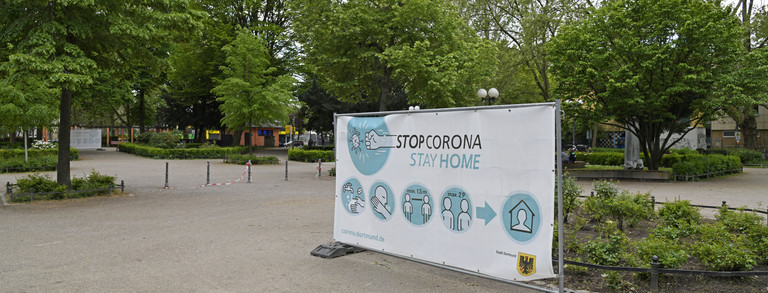First Consortium Workshop (8th to 9th June 2022)
The kick-off workshop was conducted online in two half-days on 8th and 9th June between 14:00 and 16.30 on both days.
The purpose of the workshop was to lay the foundation of the progress of the joint research project and to adjust methods and procedures to local conditions (WP1). The first day revised the timeline of the work plan including the details of each work package and the methodologies. The approach to each method was presented by various consortium partners and a discussion followed on how each of the methods would be executed. Special attention was given to local conditions and time restrictions.
The second day involved a detailed theoretical discussion to frame the application of each method in the various case study cities and an approach to cross-case comparison.
The key discussion points and takeaways of the workshop were as follows:
- The research will be conducted in the framework of three timelines - before (T1), during (T2) and after the pandemic (T3) (WP2). Each city should select specific timelines (i.e.months) that mark the period of before, during, after Covid19 for uniformity and coherence. These timelines would guide the assessment of the first methodology – Criticality Assessment (WP3) – which will measure the high impact infrastructure and service disruptions and conduct an expert mapping exercise to spatially identify the neighbourhoods where mobility biographies will be carried out.
- The mobility biographies, WP4, will be conducted using the Maptionnaire tool in order to link it directly with the Accessibility Mapping in WP 5.
- The livelihood component should be integrated in every section/work package of the research from the beginning to contribute to the generation of the livelihood framework in WP 6.
- The target population of our research will be households rather than individuals to cover more cases and circumstances of household members inside the target group. Due to budgetary and time constraints, the sampled households will be an illustrative sample rather than a representative sample of the effects of the pandemic on mobility and livelihoods. The mentioned target of 100 households for each case study city will be kept.
- Dortmund/Ruhr Area will carry out an initial test of the methods towards the end of the year 2022 to see how they can/will be applied to other cities.
- The team agreed on monthly Jour Fixe Meetings to be held every last Monday of the month.
The workshop concluded with an assignment for each consortium partner to come up with a definition of marginalisation/marginalised groups to determine how we identify the target group of our research.



